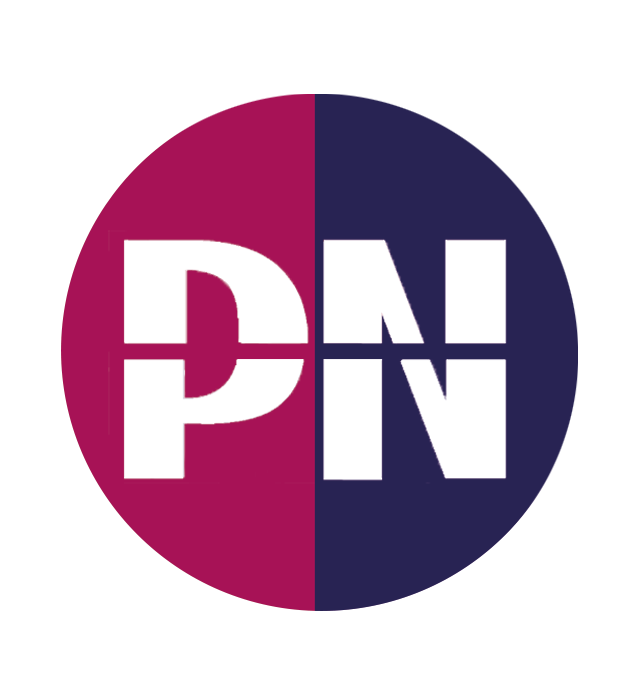In today’s globalised world, the demand for effective communication across languages has never been greater. Whether you’re expanding your business internationally or engaging with clients from diverse linguistic backgrounds, the need for professional language services is clear.
However, many people often find themselves confused about whether they need a translator or an interpreter for their specific needs. While both translation and interpreting are crucial in bridging communication gaps, they are distinct services with unique applications and skill sets.
In this blog, we’ll explore the key differences and similarities between translation and interpreting, helping you determine which service is right for your project.
Translation vs Interpreting: The Basics
At their core, both translation and interpreting serve the same fundamental purpose: to convert a message from one language to another. However, the medium through which they operate distinguishes them:
Translation involves converting written content from one language to another. This could be anything from a website, a legal document, or a user manual. Translation services are essential for businesses looking to localise their content, ensuring that their message is accurately conveyed to different markets.
Interpreting, on the other hand, is the process of converting spoken words from one language to another in real time. Interpreters work in live settings—whether it’s a business meeting, a conference, or a medical appointment—where the emphasis is on conveying the message accurately and fluently as the conversation unfolds. Interpreting services are crucial for companies needing to facilitate communication in multilingual environments, such as during negotiations, international conferences, or legal proceedings.

Key Differences Between Translation and Interpreting
Medium and Delivery:
Translation deals with text. It requires the translator to convert written documents into the target language. Translators typically work on computers, using a variety of tools and resources to ensure precision and consistency. Document translation services are particularly valuable for businesses requiring contracts, manuals, or marketing materials in multiple languages.
Interpreting is all about spoken communication. Interpreters listen to a speaker in one language and then verbally deliver the message in another language, often with no delay. On-site and remote interpreting services are ideal for businesses that need real-time language support in meetings, conferences, or virtual events.
Time Frame:
Translation allows for more time. Translators may spend hours, days, or even weeks on a single project, depending on its complexity. This makes translation services well-suited for projects that require meticulous attention to detail, such as the translation of legal documents or technical manuals.
Interpreting happens in real time. Whether it’s simultaneous interpreting (where the interpreter speaks almost at the same time as the speaker) or consecutive interpreting (where the interpreter speaks after the speaker pauses), the process is immediate. Businesses can benefit from simultaneous interpreting services during conferences and consecutive interpreting services during smaller meetings or court hearings.
Tools and Resources:
Translators often use reference materials, dictionaries, and translation software to enhance accuracy and efficiency. They also have the luxury of editing and proofreading their work before final submission. Specialised translation services, such as those for technical or medical content, utilise advanced tools to ensure that the translated material meets industry standards.
Interpreters rely solely on their knowledge and quick thinking. There’s no opportunity for revisions; what is said at the moment is what’s conveyed. Professional interpreting services are critical in situations where immediate and precise communication is essential, such as in legal or diplomatic contexts.
Accuracy and Flexibility:
Translation demands high accuracy since the final product is a written document that can be reviewed and scrutinised. The translator must ensure that every word is correctly rendered, maintaining the exact meaning and nuance of the original text. Certified translation services are often required for official documents where accuracy is legally mandated.
Interpreting prioritises clarity and flow. Interpreters might paraphrase or simplify complex phrases to ensure that the core message is understood by all parties, especially in high-pressure situations where immediate comprehension is critical. Corporate interpreting services help ensure that communication in business meetings or conferences is seamless and effective.

Similarities Between Translation and Interpreting
Despite their differences, translation and interpreting share some common ground:
Both require a deep understanding of at least two languages, including fluency in grammar, idioms, and cultural nuances.
Both professionals, whether translators or interpreters, must preserve the original meaning of the message, ensuring that it is communicated effectively in the target language.
Cultural knowledge is essential in both disciplines, as language is deeply intertwined with cultural contexts.
Which Service Do You Need?
The choice between translation and interpreting depends on the nature of your project:
Translation services are the right choice if you need written documents, websites, or any other form of text converted into another language with high accuracy and cultural relevance. Whether you need legal translation services, technical translation services, or marketing translation services, we ensure your content is tailored to your target audience.
Interpreting services are necessary for live interactions where spoken communication needs to be understood across languages in real-time. Whether you require conference interpreting services, legal interpreting services, or medical interpreting services, our team is equipped to facilitate effective communication.
Both translation and interpreting are invaluable services that play a critical role in global communication. While they share similarities, the distinct skills and processes involved mean that choosing the right service is essential to achieving your communication goals.
Even if your language goals require the utmost confidentiality, Prestige Network has government-secure security and data protection measures.
If you’re still unsure which service you need, our team at Prestige Network is here to help. With a wealth of experience in both translation and interpreting, we can guide you to the solution that best fits your requirements. Contact us today for expert advice and a tailored service that meets your specific needs.






